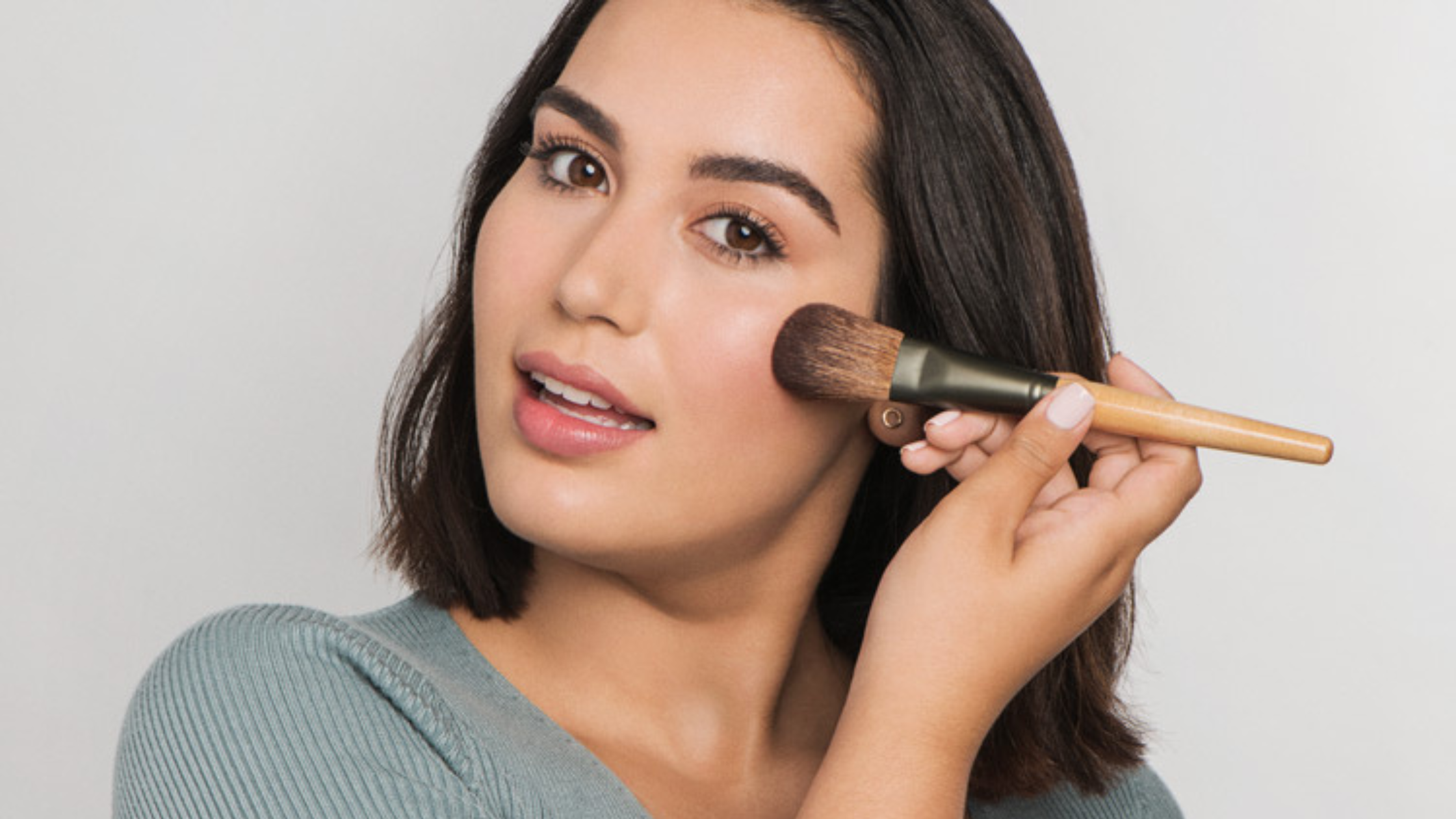Introduction: Unraveling the Mysteries of Sensitive Skin
Welcome to the world of sensitive skin, where beauty and skincare routines require extra diligence and care. In this comprehensive guide, we will explore the intricacies of skincare for sensitive skin and provide you with actionable tips to achieve healthy, radiant skin while minimizing irritation and discomfort.
Understanding the Unique Needs of Sensitive Skin
Sensitive skin can be a puzzle for many individuals. It reacts more intensely to various factors, such as environmental elements, skincare products, and even dietary choices. Understanding your skin type is crucial, as it forms the foundation for a tailored skincare routine.
The “We” Approach: Assessing Your Skin Together
Before diving into specific tips, let’s walk through the key characteristics of sensitive skin:
- Tightness and Dryness: Sensitive skin often feels tight and dry, especially after cleansing.
- Redness and Irritation: It’s prone to redness and can easily become irritated, leading to discomfort.
- Allergic Reactions: Sensitive skin may react to certain ingredients or products with itching, burning, or rash.
- Sun Sensitivity: Exposure to the sun can exacerbate sensitivity, leading to sunburn more easily.
Cleansing with Care: The Art of Gentle Cleansing
Cleansing is the foundation of any skincare routine, but for sensitive skin, it’s a delicate dance. The wrong cleanser can strip away natural oils and leave your skin feeling parched. Here’s how to cleanse with care:
Choosing the Right Cleanser
- Gentle Formulas: Opt for a mild, fragrance-free cleanser that won’t disrupt your skin’s natural barrier.
- Cool Water: Use lukewarm or cool water, as hot water can worsen sensitivity.
- Pat, Don’t Rub: After cleansing, pat your skin dry with a soft towel; avoid rubbing vigorously.
Choosing the Right Products: A Guide to Sensitive Skin-friendly Ingredients
When selecting skincare products, it’s vital to scrutinize the ingredient list. Certain ingredients can trigger sensitivity and irritation in those with delicate skin. Here are some ingredients to look out for:
Sensitive Skin-friendly Ingredients
- Hyaluronic Acid: Provides hydration without irritation.
- Aloe Vera: Known for its soothing properties.
- Ceramides: Help in maintaining the skin’s natural barrier.
- Niacinamide: Reduces redness and inflammation.
The Sun and Your Skin: Sun Protection for the Sensitive
Sun protection is a non-negotiable aspect of skincare, especially for sensitive skin. Prolonged sun exposure can lead to a range of issues, including premature aging and increased sensitivity.
Sun Protection Strategies
- Broad-Spectrum Sunscreen: Use a broad-spectrum sunscreen with SPF 30 or higher.
- Reapplication: Reapply sunscreen every two hours, especially when outdoors.
- Sun-Protective Clothing: Consider wearing wide-brimmed hats and long-sleeved clothing for additional protection.
Hydration and Moisturization: Nourishing Your Delicate Skin
Sensitive skin often struggles to retain moisture, making hydration a top priority. Moisturizers play a crucial role in locking in moisture and preventing dryness.
Selecting the Right Moisturizer
- Hypoallergenic Formulas: Opt for hypoallergenic and fragrance-free moisturizers.
- Humectants: Look for ingredients like glycerin and hyaluronic acid that draw moisture into the skin.
- Night Cream: Consider a thicker night cream to provide deep hydration while you sleep.
Handling Flare-Ups and Irritation: Quick Relief Strategies
Even with the best skincare routine, sensitive skin may still experience flare-ups and irritation. It’s essential to have a plan in place for these moments.
Soothing Sensitive Skin
- Cold Compress: Apply a cold compress to reduce redness and inflammation.
- Aloe Vera Gel: Keep aloe vera gel on hand for its calming properties.
- Avoid Irritants: Identify and avoid products that trigger irritation.
The Importance of Patch Testing: Avoiding Allergies
Patch testing is an often-overlooked step in skincare, but it can be a game-changer for those with sensitive skin. It helps you determine if a new product will cause any adverse reactions.
How to Patch Test
- Choose a Small Area: Select a small, inconspicuous area on your skin.
- Apply the Product: Apply a small amount of the product and wait 24-48 hours.
- Check for Reactions: Look for any signs of redness, itching, or irritation.
Conclusion: Your Journey to Radiant, Healthy Skin
In this comprehensive guide, we’ve delved deep into the world of sensitive skin and provided you with a wealth of information and tips to navigate its unique challenges. Remember that skincare is a personal journey, and finding the right routine may take time and experimentation. By following the advice outlined here, you can achieve radiant, healthy skin that glows with confidence. Embrace the power of tailored skincare for sensitive skin
